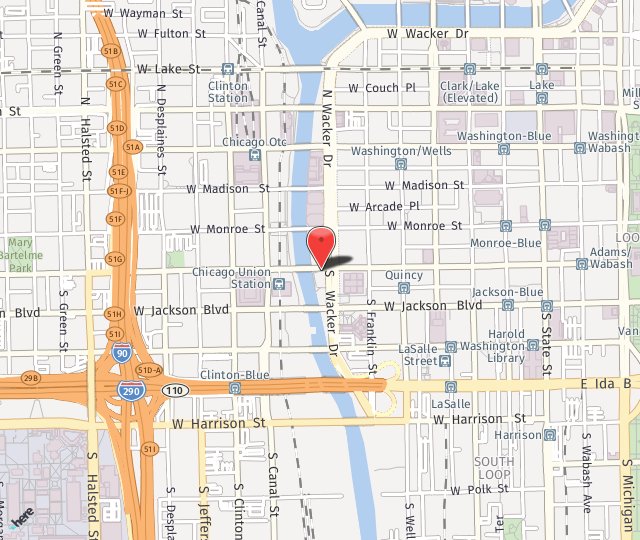The Center for Disease Control and Prevention (CDC) offered a lifeline to millions of struggling Americans when it called for a temporary halt on certain residential evictions last September. However, tenants, landlords, and even courts have been confused about the agency order ever since.
When Does the CDC Eviction Ban End?
The CDC’s eviction moratorium is set to run through at least March 31, 2021. It has been extended in the past and may very well be extended again.
Illinois has its own statewide ban on residential evictions until March 6, 2021. It provides the same or a greater level of protection as the CDC’s order. The Chicago City Council also approved a COVID-19 Eviction Protection Ordinance that offers additional protections to renters.
Do Tenants Have to Be Unemployed to Qualify for Protection?
You do not have to be unemployed or to have filed for unemployment to qualify for protection under the CDC’s eviction ban. It applies to individuals who expect to earn no more than $99,000 in annual income in 2021. That number increases to $198,000 for tenants filing a joint income tax return.
If your income does not exceed these thresholds and you meet the other qualifications, you can take advantage of the ban while remaining employed. You may have had your hours cut or suffered extraordinary out-of-pocket medical expenses, making it impossible to pay your rent in full.
Are Tenants Required to Give Their Landlord Proof of Their Financial Situation?
You do not have to give your landlord proof of your financial situation when you provide the signed declaration. However, if your landlord challenges you in court, you may be asked to demonstrate that you meet the requirements. Keep any relevant documentation that might help your case in the future.

